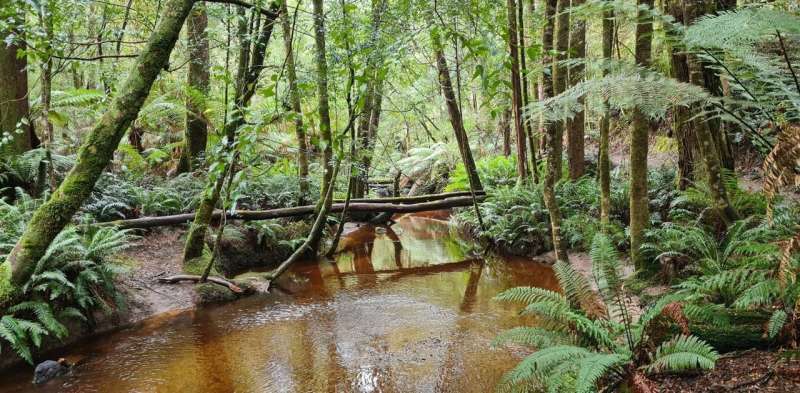
Restoring degraded environments, such as by planting trees, is often touted as a solution to the climate crisis. But our new research shows this, while important, is no substitute for preventing fossil fuel emissions to limit global warming.
We calculated the maximum potential for responsible nature restoration to absorb carbon dioxide in the atmosphere. And we found that, combined with ending deforestation by 2030, this could reduce global warming 0.18°C (0.32˚F) by 2100.
This is far from what’s needed to mitigate the catastrophic impacts of climate change. And it pours cold water on the idea we can offset our way out of ongoing global warming.
Protecting existing ecosystems—such as intact forests, peatlands and wetlands—has an important immediate climate benefit, as it avoids releasing the carbon they store.